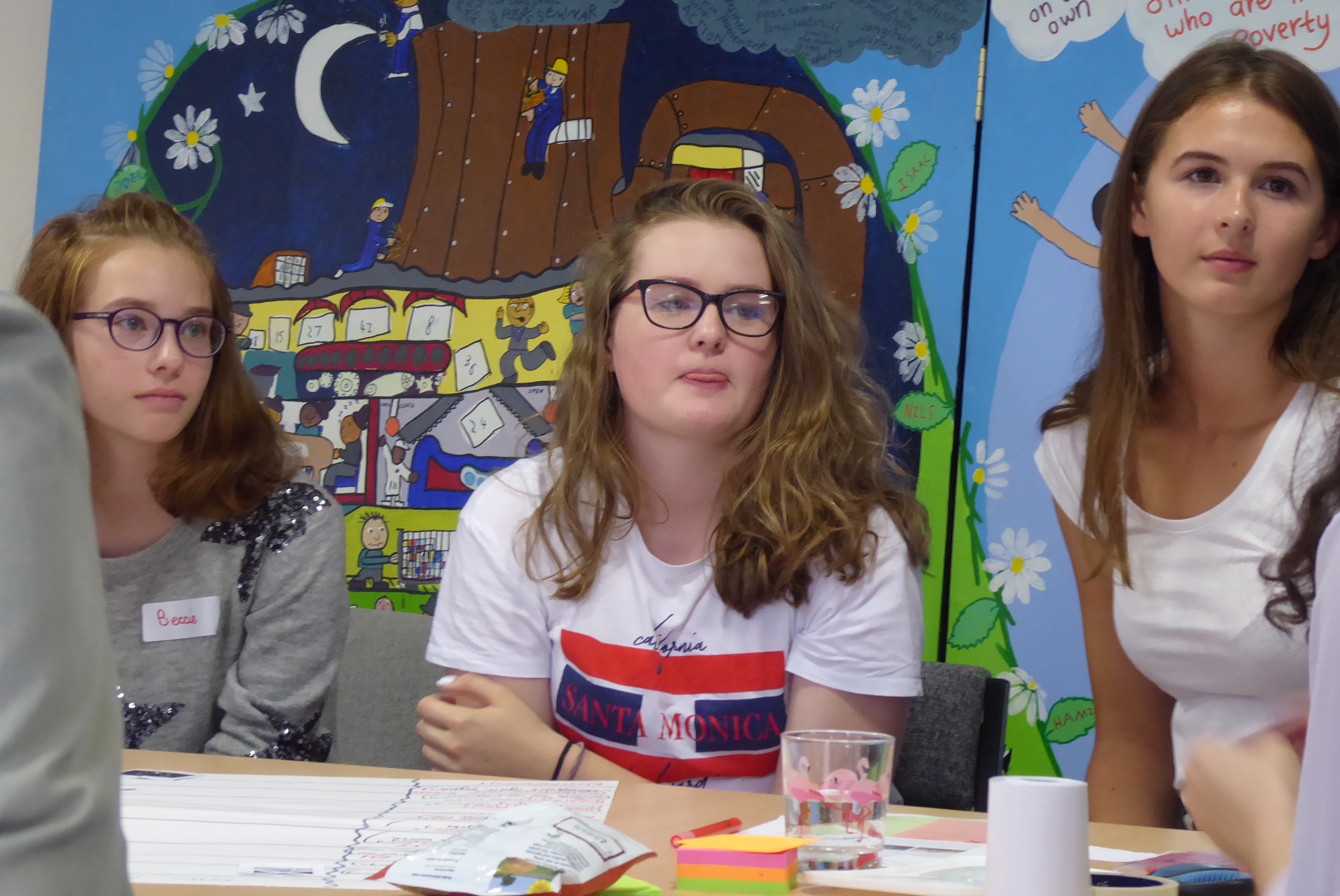Young people call on MPs to answer urgent questions on EU funding, travel, trade and jobs in EU Withdrawal debate
As MPs at Westminster begin debating the EU Withdrawal Agreement, children and young people are making clear what their top priorities are about Brexit – and urging MPs to raise their concerns.
National charities Children in Scotland and Together (Scottish Alliance for Children’s Rights), have been supporting the Children and Young People’s Panel on Europeto ensure that the views of children and young people are heard and taken into account in relation to Brexit.
The Panel consists of 19 members aged 8-19 years. All members were too young to vote in the EU referendum but have worked to identify five areas as of primary importance to children and young people in their relationship with Europe. These are:
- EU funding
- Opportunities to work, study and travel in other countries
- The economy, trade and jobs
- Rights
- Uncertainty
Children in Scotland and Together have today contacted all MPs at Westminster to raise the Panel members’ concerns, focusing in particular on the areas of EU funding; opportunities to work, study and travel in other countries; and the economy, trade and jobs.
On behalf of the members of the panel, they are asking MPs to address and answer the following questions raised by the children and young people:
- How will our ability to replace or restore funding for children’s and youth services and ERASMUS+ be affected by the proposed Agreement?
- How will opportunities for children and young people to work, study and travel in EU countries be affected by the proposed Agreement?
- How will the economy, trade and jobs be affected by the proposed Agreement and Political Declaration?
- In relation to trade, how will workers’ rights, human rights, food and product safety standards, and the environment be affected by the proposed Agreement and Political Declaration?
Children in Scotland Chief Executive Jackie Brock said:
“We have said all along that the constituency who will be most affected by EU withdrawal – our current generation of young people – are the least consulted. Over the past six months, young members of the Panel on Europe have shown their complete commitment to the topic of Brexit and demonstrated why they should have a right to influence its trajectory. We now expect MPs to consider their questions and priorities with the seriousness they deserve.”
Juliet Harris, Director of Together, said:
“It’s clear that children and young people have many strong and diverse opinions on the UK’s exit from the European Union, but they continue to struggle to have their views heard. Through the Children and Young People’s Panel on Europe, children from across Scotland have come together to hold the UK and Scottish governments to account and ensure that their views are heard and acted upon. We’re hopeful that MPs from Scotland will rise to the challenge and ensure that the Panel’s questions are properly considered and answered in this week’s parliamentary debate.”
The move follows a speech given in Brussels yesterday at the annual St Andrews Day lecture by Bruce Adamson, Children and Young People’s Commissioner Scotland and Ava, a 12-year-old Year of Young People Ambassador from Fife.
Mr Adamson talked about the need to consider children and young people’s views when deciding our future relationship with Europe, and the important role that the Panel can play in making this happen.
(ends)
Media contact: Chris Small
Email csmall@childreninscotland.org.uk/ Tel 0751 998 2748
Find out more about the Panel on Europe here

Children and Young People's Panel on Europe
Find out about the work of our young people's Panel on Europe
Visit the project page25 Calls campaign
'16 and 17 year olds must be able to vote in all UK polls. Brexit proves this is a civil rights issue' – Jackie Brock.
Read the full call
2021-26 Manifesto
Our Manifesto outlines key suggested changes in policy and legislation – it contains 10 themes and 33 calls
Click here to read